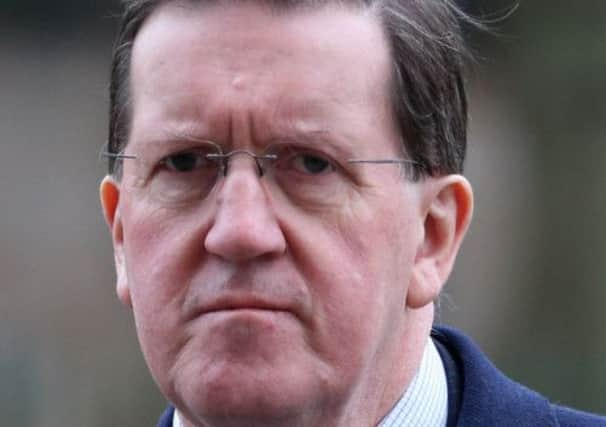Scottish independence: English nationalism may rise


A note summarising discussions held by the Ditchley Foundation when it hosted an event entitled “The Future of Scotland: International Implications and Comparisons” reveals that several people raised concerns about the effect of Scottish independence on the rest of the United Kingdom.
The summary, seen by The Scotsman, gives an account of the issues explored by the foundation, set up to bring international experts together to discuss transatlantic matters.
Advertisement
Hide AdAdvertisement
Hide AdAmong the 40-or-so experts taking part were Stephen Noon, chief strategist for Yes Scotland, Professor Nicholas Burns, the former US Ambassador to Nato, the Scottish Secretary Michael Moore and Lord Robertson, the former Nato Secretary General.
According to the note: “Several speakers raised the spectre of the rise of a narrow and inward-looking nationalism encouraged by Scottish separation.”
The note said the constitutional arrangements of the rest of the UK would have to be “revisited” in order to “get to grips with the issue of potential English nationalism and regionalism, and the even more excessive population dominance of England over Wales and Northern Ireland.”
It suggested that Scottish independence could see a rise in the small Welsh independence movement, which at the moment only commands 8 per cent support.
There would also be a “significant”effect on Northern Ireland and the Republic of Ireland. It concluded that Scottish independence was “unlikely” to increase significantly the proportion of people in Northern Ireland who wanted to break ties with the UK, although it suggested that the “Protestant majority” might “start to think more about some kind of independent status for Northern Ireland”.
The loss of Scotland from the United Kingdom could have an impact on the way Britain was viewed by the rest of the world, the note suggested.
“The psychological impact on the outside world of the UK ‘losing’ part of herself might be disproportionate, reinforcing a perception of decline. This perception could have a significant effect on the rUK’s [the rest of the UK] prestige, influence and soft power in the world. The rUK could also turn inwards increasingly in the future.”